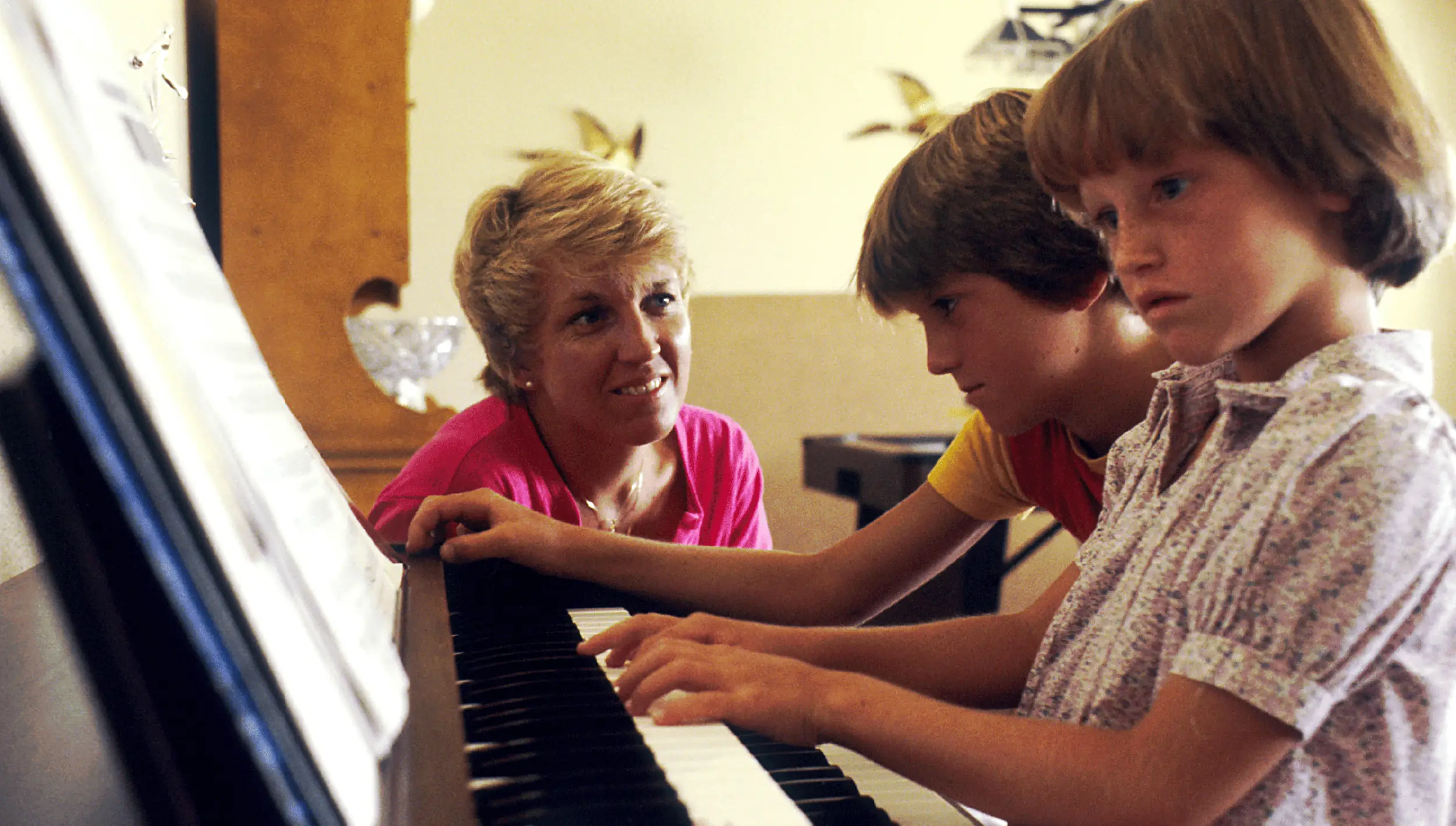Single-sex schools are academic powerhouses with exam results that speak volumes. Is there still a place for single-sex school in the 21st century?
When parents ask me: “Should I send my child to a single-sex or coeducational school?” I can do little more than deliver a balanced verdict based on my observations and experiences.
I also have to paint a picture of what is happening in the world of UK private schools – namely, a long-term shift toward coeducation has changed the face of the education system since the early 1990s.
It is also no longer simple to say one school is “all boys” and another is “all girls.” Some single-sex schools may admit students of the opposite sex in the nursery years or during the sixth form.
However, the single-sex schools that have stuck to their guns, such as Cheltenham Ladies’ College and Eton (for boys) continue to thrive.
In terms of exam results and the popularity of single-sex education at the tail end of secondary education, few could argue that all boys’ and girls’ schools are not producing the goods from an academic standpoint.
One only has to look at how many times the word “girls” appears in the top 100 schools for GCSE results in 2014 to get a picture of situation.
What about the atmosphere in the classroom? At the mixed-sex school I attended in the UK, I seem to recall that the girls were reluctant to speak up in the presence of my male peers.
During my visits to girls’ schools, I have witnessed how they are cooperative, outspoken and willing to take charge of group projects and activities – traits and skills which will serve them well in the future.
There is an argument that single-sex schools enable children to enjoy childhood for much longer as they are free from sexual pressure associated with the teenage years.
Girls, too, may feel less compelled to look good and spend time in front of the mirror doing makeup as they might do when hundreds of boys are on campus.
So, if girls, and boys, are less self- conscious, do they have more scope to concentrate on their work and prime themselves for academic success?
There is also an argument that boys might involve themselves in disciplines which they may be embarrassed to at coeducation schools. They can express themselves fully in the arts, drama and music.
Girls also seem to challenge gender stereotypes at single-sex schools, by more willingly opting for choosing physics and other traditionally “male subjects.” It seems there are no barriers to following one’s passions.
All in all, there is a case for single- sex education. Free from romantic distractions and pressure to conform to beliefs and stereotypes, girls and boys can set themselves ambitious goals.
Source: The Standard
Tuesday, June 23, 2015
For more informational about British Boarding School. Email Samuel@britannia-study.com or call 3184 0152.

